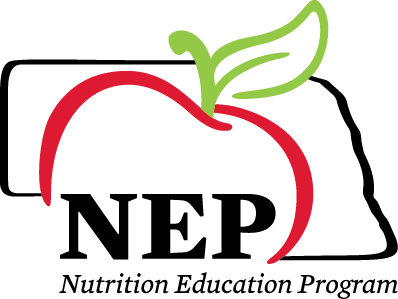Oodles of Noodles
Swiss chard is an excellent source of Vitamin C, which helps heal cuts and wounds. It is also an excellent source of Vitamin A, which helps keep eye and skin healthy and helps to protect against infections. Swiss chard also contains magnesium which helps maintain normal nerve and muscle function.
Yield: 6 Servings
Ingredients:
- 2 3/4 cups (11 ounces) uncooked whole wheat pasta
- 1 1/2 Tablespoon vegetable oil or olive oil
- 2 1/4 cups grape tomatoes, gently rubbed under cold running water, halved and divided
- 1 1/2 teaspoon dried basil
- 3/4 teaspoon salt
- 1/4 teaspoon black pepper
- 1 Tablespoon garlic, minced
- 3 Tablespoons whole wheat flour
- 2 1/3 cups low-sodium vegetable broth
- 4 cups Swiss chard, gently rubbed under cold running water, stems removed, chopped*
Directions:
- Wash hands with soap and water.
- In a large pot, cook the pasta in boiling water according to package directions. Do not overcook. Drain well and set aside.
- Heat vegetable oil in a large skillet over medium heat. Add half of the tomatoes and cook 2-3 minutes until skin softens. Reserve remaining tomatoes for step 5. Add basil, salt, pepper, and garlic. Stir.
- Sprinkle flour over tomatoes. Cook for 30 seconds over medium heat until mixture becomes thick. Add vegetable broth. Bring to a boil and then immediately reduce to low heat.
- Add Swiss chard and remaining tomatoes. Simmer uncovered over low heat for 1-2 minutes or until Swiss chard is wilted. Pour over pasta.
- Store leftovers in a sealed container in the refrigerator for up to four days.
Notes:
*Fresh spinach or beet greens can be used in place of Swiss chard.
Nutrition Information:
Nutrition Software Used:
ESHA Food Processor
Source:
Institute of Child Nutrition





